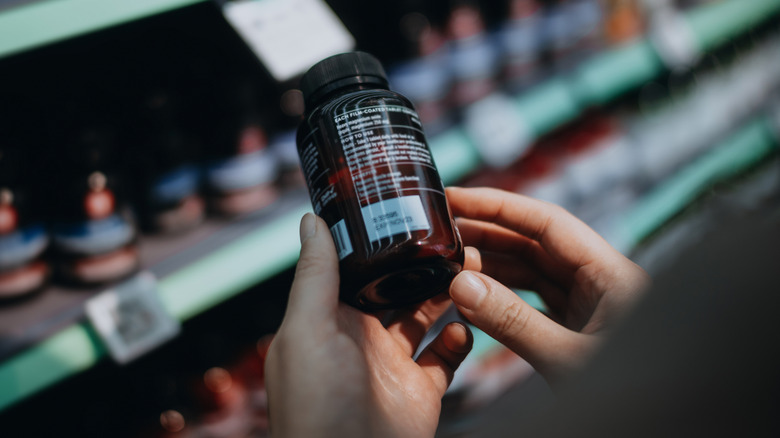The Common Vitamin That Could Help You Fight Against Fatty Liver Disease
Globally, three out of every 10 people may have a condition called metabolic dysfunction-associated steatotic liver disease (MASLD). You may have heard people refer to MASLD as nonalcoholic fatty liver disease because it causes fat to accumulate in the liver. Being overweight is one of the risk factors for the disease, along with having type 2 diabetes. (Here's what happens to your body if you get fatty liver disease.)
As fat in the liver builds due to MASLD, the fat may precipitate the development of hepatitis, which is when the liver becomes inflamed. In time, MASLD can also lead to metabolic dysfunction-associated steatohepatitis (MASH), a serious condition that causes scarring within the liver. A 2022 study in Hepatology showed that MASLD could reduce an individual's lifespan by 2.8 years.
(Here are some warning signs from your liver you shouldn't ignore.)
There's no specific cure for MASLD, but a recent study suggests that a common vitamin could hold the answer for a targeted MASLD treatment. A 2025 study in Metabolism – Clinical and Experimental found that niacin (vitamin B3) suppressed miR-93, a genetic biomarker that can interfere with the liver fat removal functions of the enzyme SIRT1. Consequently, if miR-93 is blocked, SIRT1 can perform more efficiently and possibly get rid of fat that's accumulated due to MASLD.
Current MASLD treatment options (and other potential health benefits of vitamin B3)
Since the study results primarily came from experiments on mice, the full therapeutic impact of vitamin B3 on humans isn't entirely clear. But the evidence does provide hope that people who are diagnosed with MASLD might have a clearer and more reliable path to reducing their likelihood of developing hepatitis or MASH. For now, MASLD treatment options remain less targeted for those who have the condition. Typically, physicians recommend that patients with MASLD adopt lifestyle changes, including losing weight, exercising, and controlling existing diabetes, to improve their outcomes.
According to the National Institutes of Health (NIH), extremely high doses of vitamin B3 derivatives taken long-term (and under the monitoring of a medical professional) can improve "good" cholesterol by up to 30% and lower "bad" cholesterol by as much as 25%. Additionally, a 2025 study in Ophthalmology Glaucoma noted that some clinical trials have shown a possible correlation between consumption of a niacin derivative (nicotinamide) and reduced incidence of glaucoma. It's important to note, however, that niacin and nicotinamide are not the same, so the former should not be used in glaucoma prevention until further research has been conducted.

